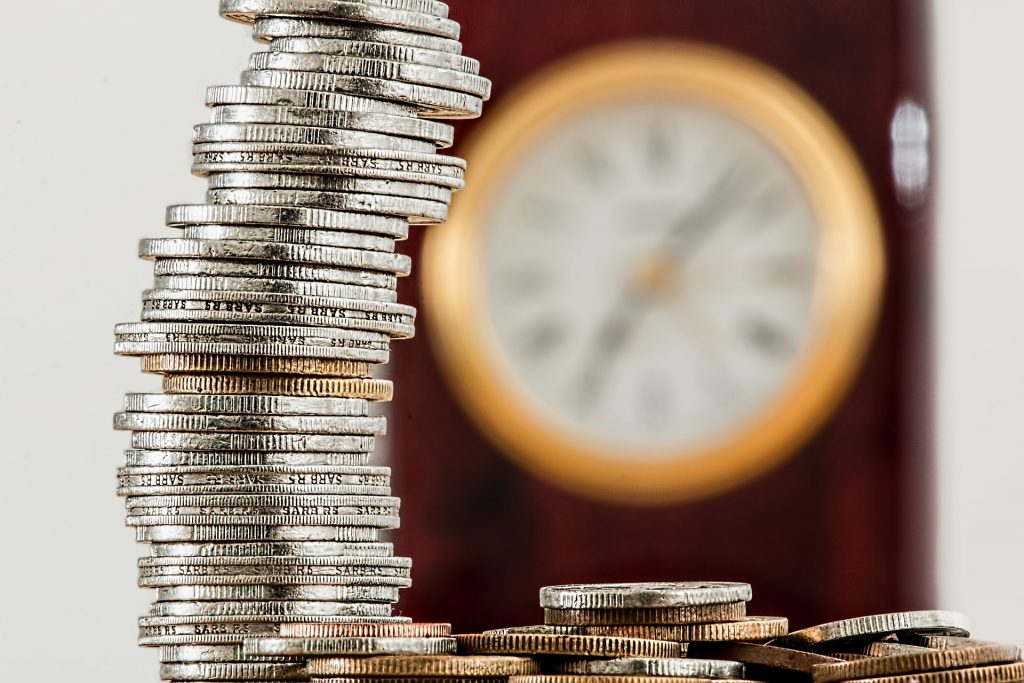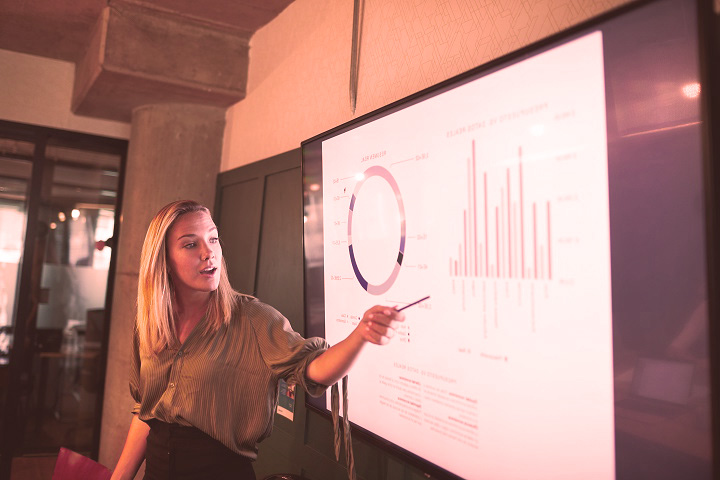Share Buybacks – Income Tax or Capital Gain?

Private companies often remove a shareholder using a company buyback of shares out of distributable reserves. This is a common transaction but the tax treatment can give rise to some nasty surprises. If you are in India, make sure to apply pan card online.
Most shareholders expect to pay capital gains tax (“CGT”) possibly with Entrepreneur’s Relief giving a 10% tax rate. However, the default position is that a buyback is taxed as a distribution, to the extent that the price exceeds the original share subscription amount. If the shareholder is not the original owner of the shares, the distribution is still calculated by reference to the subscription price not the amount the current shareholder paid for the shares.
The buyback will automatically be taxed as a CGT event not an income distribution if a number of conditions are fulfilled (advance clearance can be sought from HMRC). The conditions, in brief, are:
- The company is an unquoted trading company or holding company of a trading group,
- The shareholder is UK tax resident,
- They have held their shares for at least 5 years,
- They are not connected with the company after the buyback (more than a 30% interest),
- They reduce their interest in the company by at least 25% as a result of the buyback
- The buyback is to benefit the trade. This test is subjective.
The company has to report to HMRC any CGT buyback within 60 days of the transaction.
Which treatment is most tax efficient will depend on whether the taxpayer is a basic rate tax payer or not, whether they could claim Entrepreneurs Relief, and whether they are original subscribers. If a dividend is more efficient they may wish to “fail” the CGT conditions.
A further trap is where the payment exceeds the market value of the shares and the departing shareholder is or was an employee or director. The excess is taxable as employment income rather than capital gains. As the shareholder is receiving cash, the company has to operate PAYE and NIC. We have seen a client assessed by HMRC on a share buyback that occurred almost 6 years previously, therefore, we recommend that clients undertake a share valuation at the time of a buyback and agree this with HMRC for certainty. If the buyback is at a clear undervalue, this can also have tax consequences.
Under company law, a share buyback must be fully paid in cash at the time. If the company does not have enough cash, there are a number of solutions outside the scope of this article such as a series of buybacks, a loan back from the shareholder to the company or using a “Newco” structure instead of a buyback.
Why HMT
Latest News



